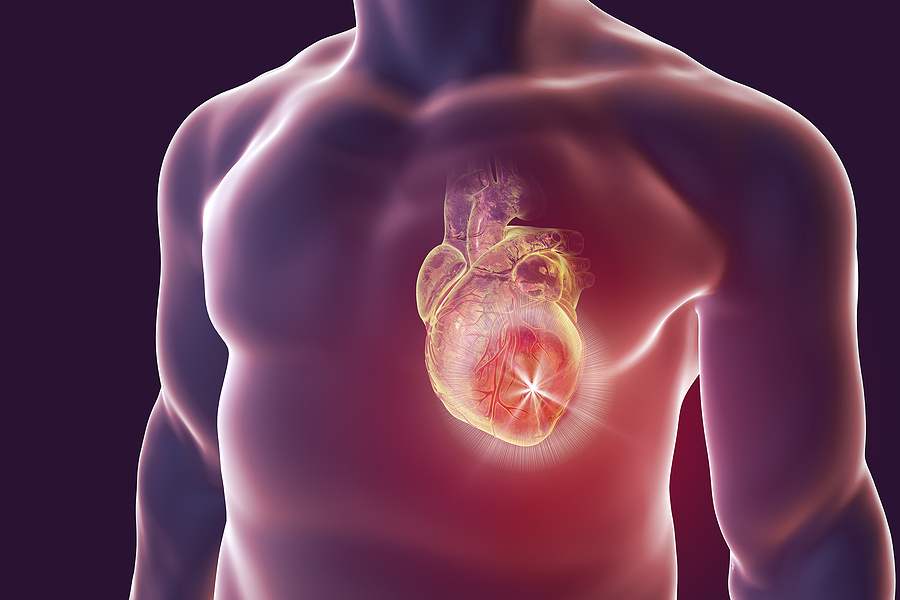Myocarditis is a relatively rare disease that causes inflammation of the heart muscle, which in turn enlarges and weakens the heart itself, creating scar tissue and making it harder for the organ to pump blood and oxygen around your body.
It’s important to note that the disease can affect anyone, irrespective of age and health – so knowing what the symptoms are could prove to be life-saving for you and your loved ones.
Unfortunately, the symptoms themselves are relatively non-specific and you could experience them for any number of reasons.
Common signs of myocarditis include shortness of breath (particularly when lying down or after exercise), heart palpitations, unusual fatigue, lightheadedness, chest pain, swelling in your feet, ankles, legs and hands, and a sudden loss of consciousness.
The leading cause of myocarditis is viral infection, since this leads to inflammation and puts stress on the heart, stress that can remain even after the infection has cleared up.
It’s important that you do all you can to prioritise heart health, particularly at the moment with the global pandemic showing no signs of slowing down.
Making healthy lifestyle changes right now can do an awful lot to protect your heart and support its proper function, so consider reducing your alcohol intake, reducing the amount of sodium in your diet and quitting smoking.
Regular exercise can also help with heart health, as can controlling your blood pressure, keeping your cholesterol in check and following a healthy diet, one with lots of fresh fruit and vegetables.
Interestingly, sleep is also very good for your heart, reducing your risk of high blood pressure, diabetes and obesity… so make sure you’re getting at least seven hours of quality rest each night if you can.


